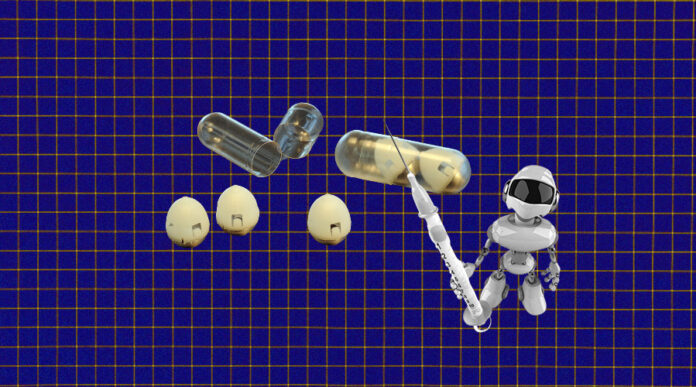DeepMind, an Alphabet division specialist in artificial intelligence, has amazed the entire scientific arena by creating something seriously spectacular. These are images of almost every protein on earth, around 200 million. AlphFold has disapproved of every doubt related to its potential in the pharmaceutical industry. AlphaFold protein structure algorithm from DeepMind is indeed fascinating as it provides essential knowledge about living forms. As a result, it is capable of pacing up the medicine development.
Protein has been tricky for technology
Proteins are part of almost every life form. They regulate essential functions such as signal transfer and switch on or off any function using their floppy bits, coils, secret pockets or sticky patches. They are called building blocks; that’s why they play an essential role in creating medications. They can be drug substances or drug targets. Whatever the case, what is necessary yet effortful for researchers is to understand their ever-changing structure. Before AlphaFold and DeepMind, it used to be such a difficult task to obtain a single image of protein. It could take days to years to complete one process of taking protein images.
Protein and technology in the history
Technology is not something new that we are trying today only. Scientists have started teaching protein Models (on the gene code basis) to computers since the 1990s. In 2020, technology reached a stage where AlphaFold could predict the accurate protein structure of some proteins. In 2021, DeepMind uploaded around 365,000 proteins to its server. And today, they have reached a point where the entire protein world, be it animals, bacteria, plants, fungi or any life form. These technologies have not left anything untouched.
Contribution of AlphaFold
AlphaFold is transforming the discovery of the antibiotic Same as CRISPR (gene-editing technology) transformed the human disease study and made therapies easier to target genetic issues. For these reasons, researchers are relying on advanced technology these days. Protein compilation generation is an entirely different journey from usual drug formation. It takes vigilance to note its every movement. That’s why officials at pharmaceuticals and biotech companies welcome AlphaFold’s discovery. Even if the protein images are poor, it is still possible to figure out valuable details about drug structure. University researchers and professors like David Liu from MIT and Harvard (broad institute) claimed that technology could alter or accomplish a Zen-like state whenever researchers want to change a drug’s characteristics. That’s how experimenting with drugs has become so easy and fun. Proteins itself is challenging to observe, the reason being it doesn’t stay in static form. They may go inside or stay outside, depending on their function at a given time. That’s why scientists have to keep a closer eye on their every movement. Here comes AI as fortune. The whole of this process covers one phase of the new medication generation. No matter if these medications will be readily available later. Although drug testing on people is most costly, despite that, it is still able to reduce the cost of drug discovery. DeepMind’s achievement is worth applause; it took many years of scientific research to bring these remarkable results. Even AlphaFold’s images were successful in the testing phase of these companies. Above all, all these efforts were costless. Finally, AI is bringing revolution to the pharmaceutical industry. It is now imaginable to see how AI and machine learning will resolve drug issues. And hence will pace up the drug discovery.




